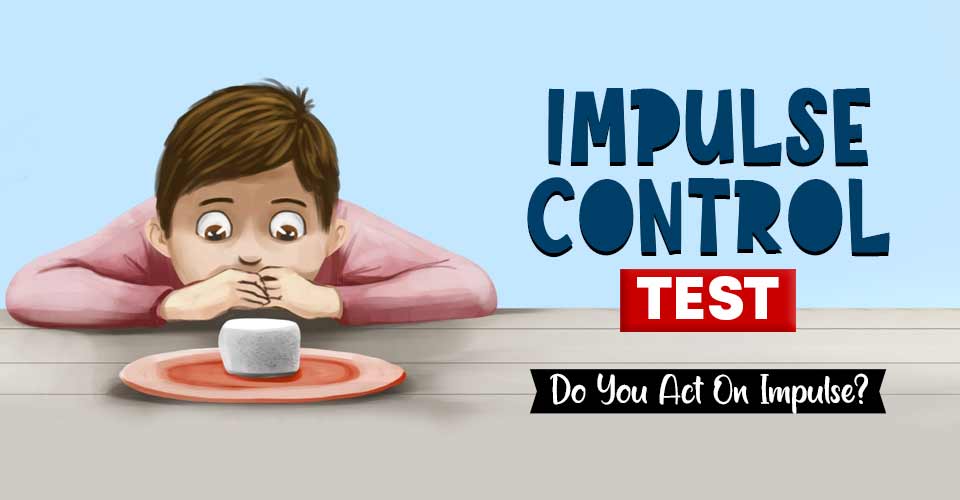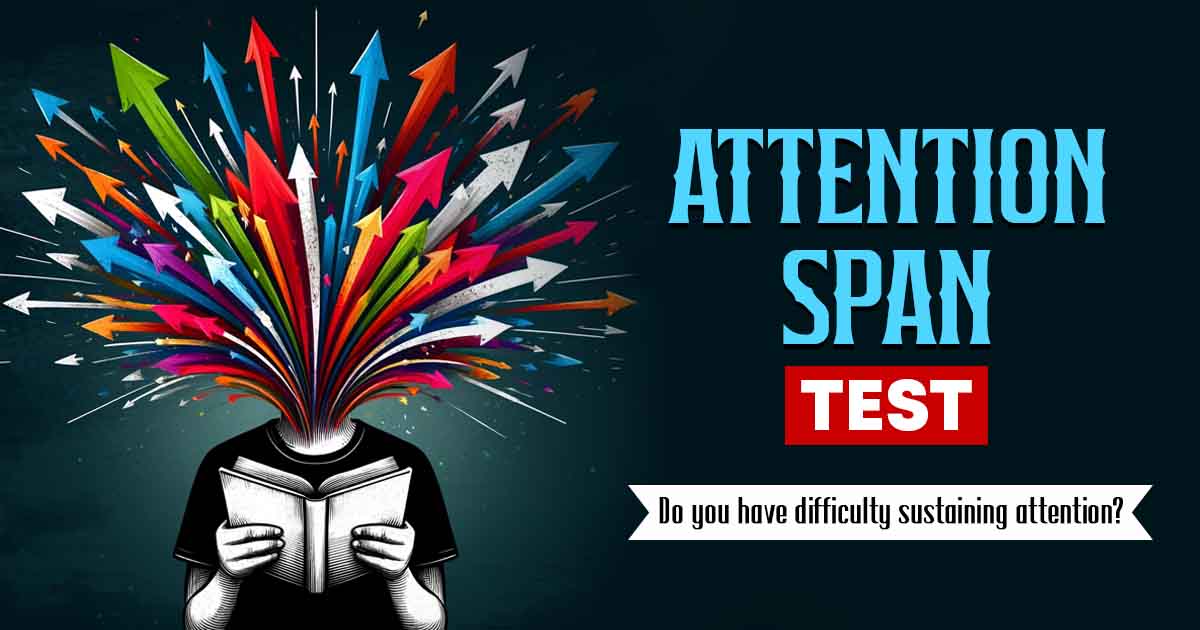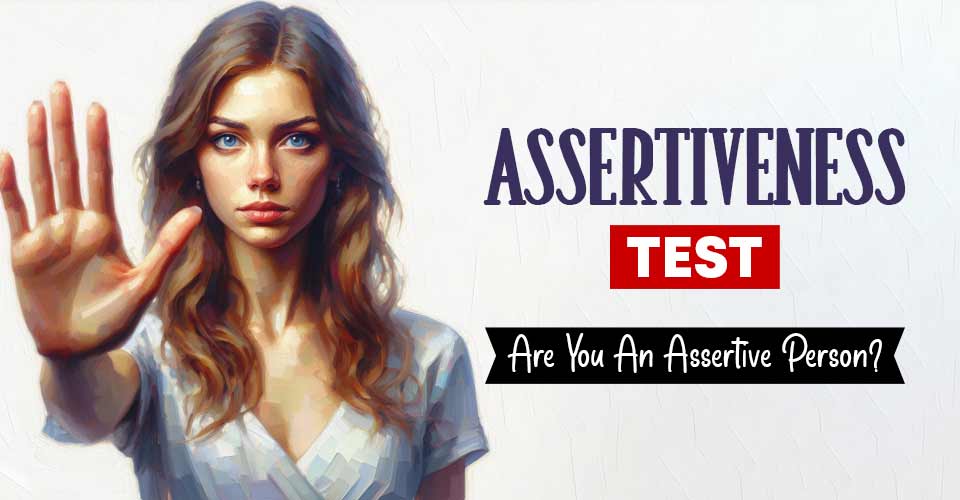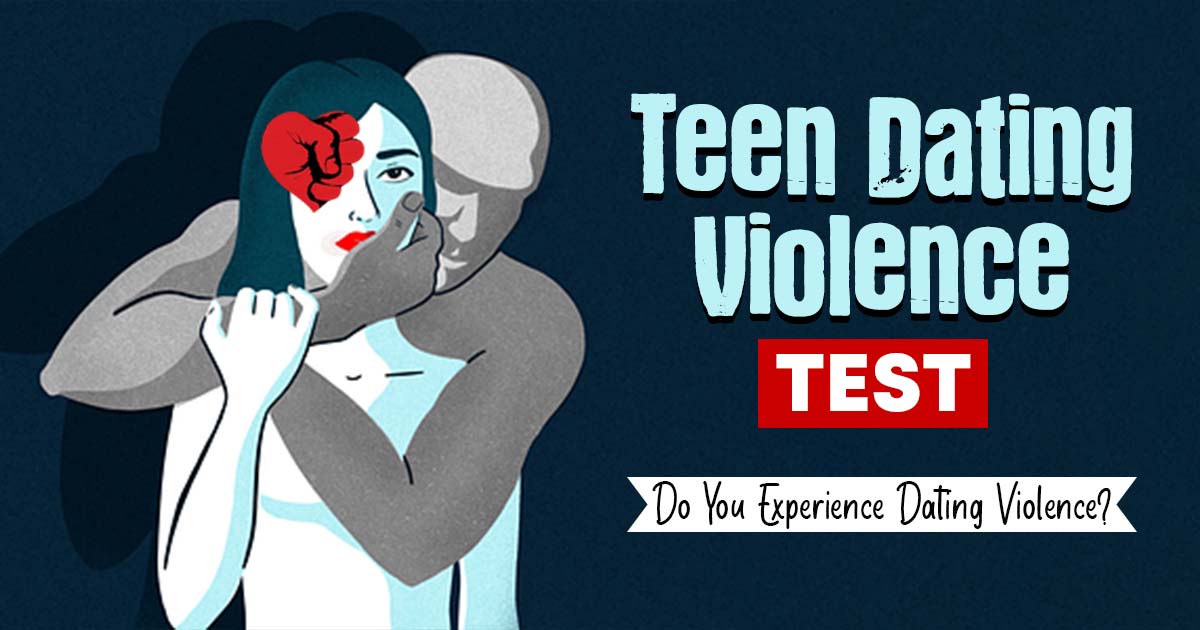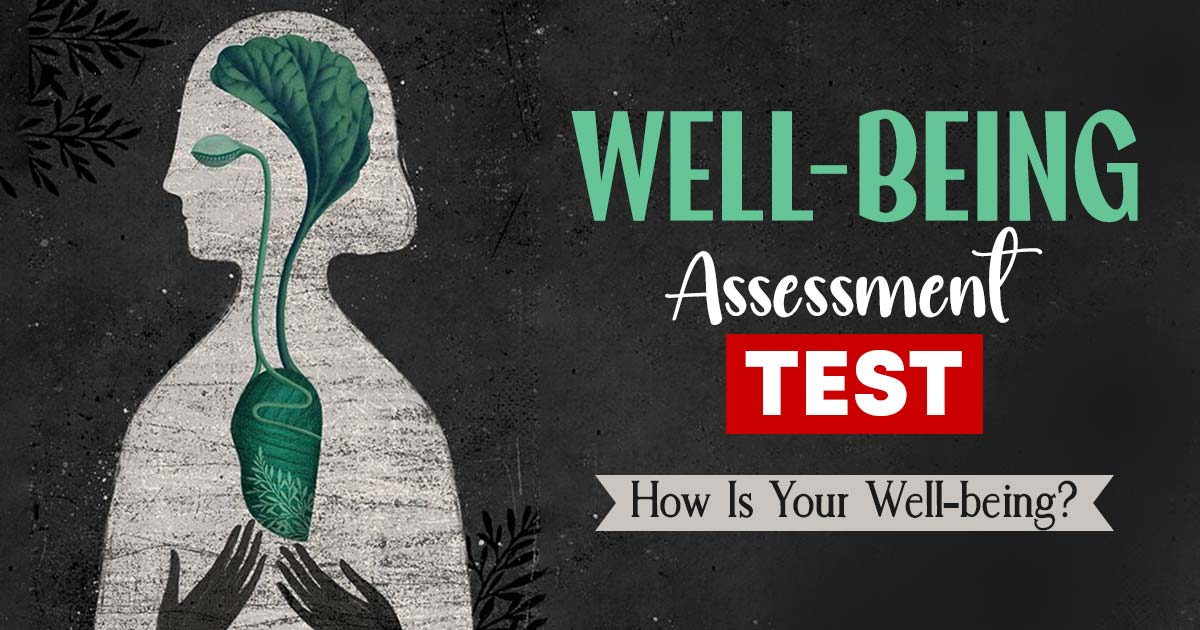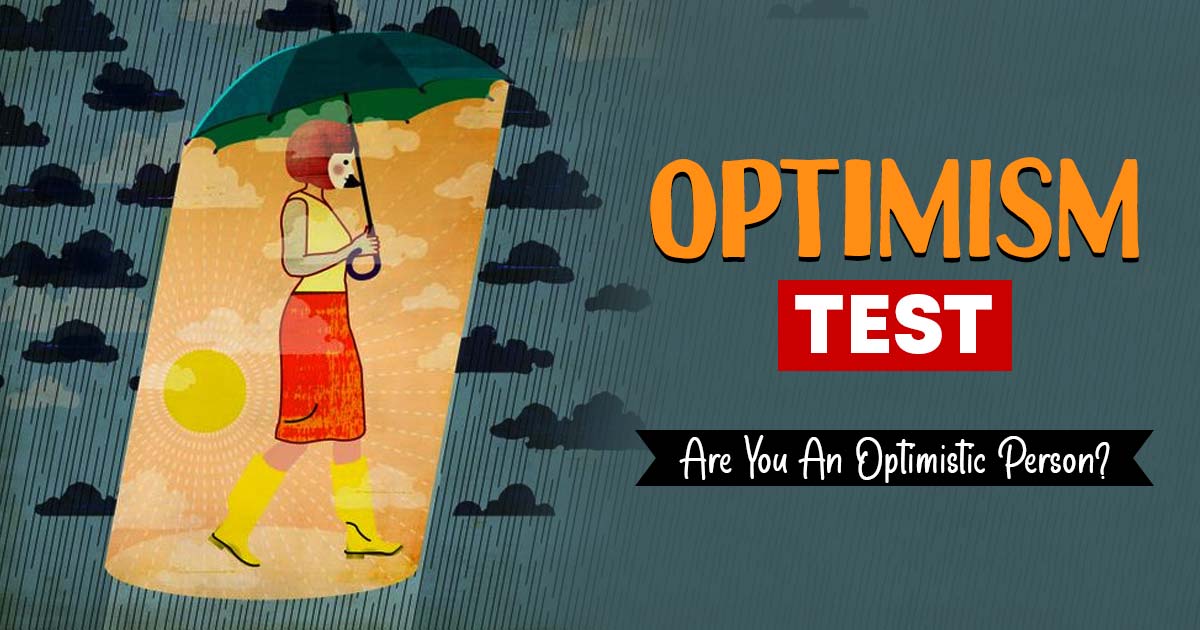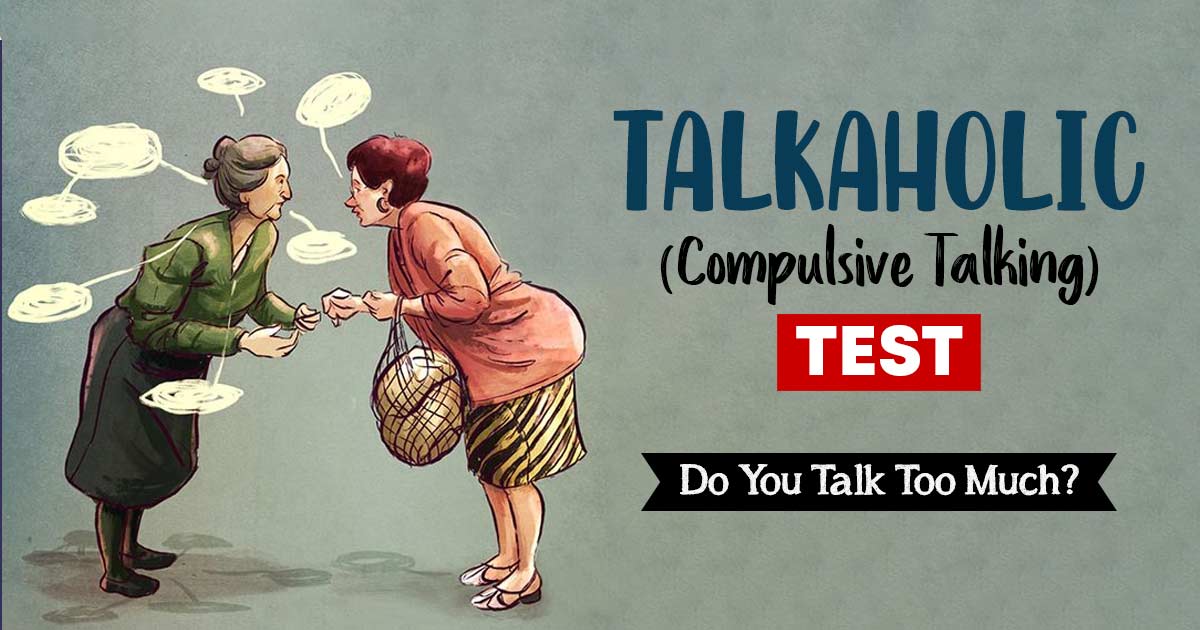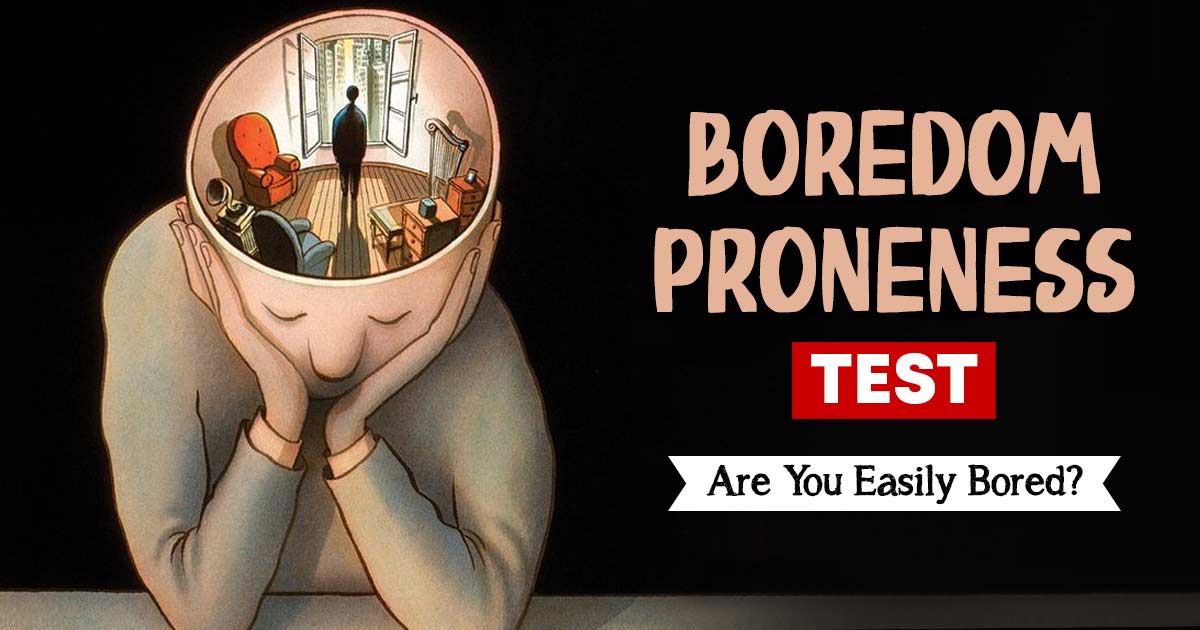Are you a person who likes to act on impulse irrespective of the possible consequences? Or do you engage in considerable deliberation before doing everything? Take the impulse control disorder test to find out how you handle your impulses.
What is Impulse Control Disorder?
Impulse control disorders (ICDs) refer to behavioral urges that are dangerous and harmful to a person and/or the people around them. Impulse control disorders often result in impaired functioning in one’s personal, social, and professional life. They can also lead to financial and legal issues.
A lack of impulse control can result in various conditions such as conduct disorder, kleptomania, pyromania, etc.
ICDs most often start in childhood and can continue well into adulthood. There can be several reasons for the development of this condition, such as exposure to extreme violence and aggression during childhood, a family history of mental health conditions, dysregulation of neurotransmitters, lack of parental supervision or parental neglect, etc.
However, timely diagnosis and effective treatment in the form of therapy or medication can help combat this mental health condition to a great degree.
Instructions For Taking Impulse Control Disorder Test
Below is a list of questions that relate to impulse control. Please read each of them carefully and choose the option that best describes you.
Please Note: This impulse control test is a self-test and not a replacement for a medical diagnosis.
Assessment Summary
0 of 20 Questions completed
Questions:
Information
You have already completed the assessment before. Hence you can not start it again.
Assessment is loading…
You must sign in or sign up to start the assessment.
You must first complete the following:
Results
Results
0 of 20 Questions answered correctly
Your time:
Time has elapsed
You have reached 0 of 0 point(s), (0)
Earned Point(s): 0 of 0, (0)
0 Essay(s) Pending (Possible Point(s): 0)
Categories
- Mental Health Assessment 0%
-
HIGH IMPULSE CONTROL
Your results indicate that you have a high degree of control over your impulses. You are likely to engage in a considerable amount of thought before partaking in any activity or putting an opinion forward. You may hardly take decisions on a whim or get momentarily influenced by someone/ something. You possibly have a habit of planning everything well in advance and may not be distracted from your goal easily.
Want to learn more?
If you think that you might be suffering from an impulse control disorder, we suggest that you seek help from a mental health professional, such as a psychiatrist or a psychologist as soon as possible. A person with Impulse Control Disorder can have other conditions as well that can interfere with everyday functioning. For an accurate diagnosis and intervention, please consult our psychologists.
You can use our Mood Tracker to stay mindful of your mood every day, identify your innermost thoughts & emotions on a daily basis. It will aid you in doing all those things you love, while limiting activities that might dampen your mood.
-
MODERATE IMPULSE CONTROL
Your results indicate that you have a moderate degree of control over your impulses. You are likely to put some amount of thought before partaking in an activity or putting an opinion forward. You may plan most of your decisions ahead of time but sometimes do things on a whim.
Want to learn more?
If you think that you might be suffering from an impulse control disorder, we suggest that you seek help from a mental health professional, such as a psychiatrist or a psychologist as soon as possible. A person with Impulse Control Disorder can have other conditions as well that can interfere with everyday functioning. For an accurate diagnosis and intervention, please consult our psychologists.
You can use our Mood Tracker to stay mindful of your mood every day, identify your innermost thoughts & emotions on a daily basis. It will aid you in doing all those things you love, while limiting activities that might dampen your mood.
-
LOW IMPULSE CONTROL
Your results indicate that you have a low degree of control over your impulses. You are less likely to think before you do or say something. You might be prone to acting on a whim and not likely to plan your decisions well in advance. You might also get easily distracted.
Want to learn more?
If you think that you might be suffering from an impulse control disorder, we suggest that you seek help from a mental health professional, such as a psychiatrist or a psychologist as soon as possible. A person with Impulse Control Disorder can have other conditions as well that can interfere with everyday functioning. For an accurate diagnosis and intervention, please consult our psychologists.
You can use our Mood Tracker to stay mindful of your mood every day, identify your innermost thoughts & emotions on a daily basis. It will aid you in doing all those things you love, while limiting activities that might dampen your mood.
-
VERY LOW IMPULSE CONTROL
Your results indicate that you have very little to no control over your impulses. You are unlikely to think before engaging in an activity or putting an opinion forward. You may be prone to doing things on a whim or getting momentarily influenced by someone/ something. It is possible that you may be suffering from impulse control disorder. For accurate diagnosis and treatment, consult a mental health professional at the earliest.
Want to learn more?
If you think that you might be suffering from an impulse control disorder, we suggest that you seek help from a mental health professional, such as a psychiatrist or a psychologist as soon as possible. A person with Impulse Control Disorder can have other conditions as well that can interfere with everyday functioning. For an accurate diagnosis and intervention, please consult our psychologists.
You can use our Mood Tracker to stay mindful of your mood every day, identify your innermost thoughts & emotions on a daily basis. It will aid you in doing all those things you love, while limiting activities that might dampen your mood.
- 1
- 2
- 3
- 4
- 5
- 6
- 7
- 8
- 9
- 10
- 11
- 12
- 13
- 14
- 15
- 16
- 17
- 18
- 19
- 20
- Current
- Review
- Answered
- Correct
- Incorrect
-
Question 1 of 20
1. Question
I have difficulty resisting temptation
-
Question 2 of 20
2. Question
I find it hard to wait for things I want
-
Question 3 of 20
3. Question
I tend to enjoy taking risks
-
Question 4 of 20
4. Question
I act without thinking about the future outcomes
-
Question 5 of 20
5. Question
I get bored when solving a problem for quite long time
-
Question 6 of 20
6. Question
It makes me uncomfortable when I need to decide quickly
-
Question 7 of 20
7. Question
I can control my emotional desire situation-wise accordingly
-
Question 8 of 20
8. Question
I buy things without considering whether I can afford them or not
-
Question 9 of 20
9. Question
I spend more than I earn
-
Question 10 of 20
10. Question
I prefer working out problems slowly and carefully
-
Question 11 of 20
11. Question
I don’t spend time thinking over a situation before acting
-
Question 12 of 20
12. Question
I say things without thinking in details
-
Question 13 of 20
13. Question
I feel regret or guilty after engaging in risky behavior
-
Question 14 of 20
14. Question
I have difficulty managing my emotions when angry or frustrated
-
Question 15 of 20
15. Question
I tend to be distracted or have difficulty staying focused on a task
-
Question 16 of 20
16. Question
I have a tendency to interrupt others when they are speaking
-
Question 17 of 20
17. Question
I tend to get engaged in addictive behaviors, such as gambling or smoking, or drinking alcohol
-
Question 18 of 20
18. Question
I tend to make a plan before doing something
-
Question 19 of 20
19. Question
I feel the desire to know the outcomes of my decisions
-
Question 20 of 20
20. Question
I tend to concentrate on more than one goal at a time

